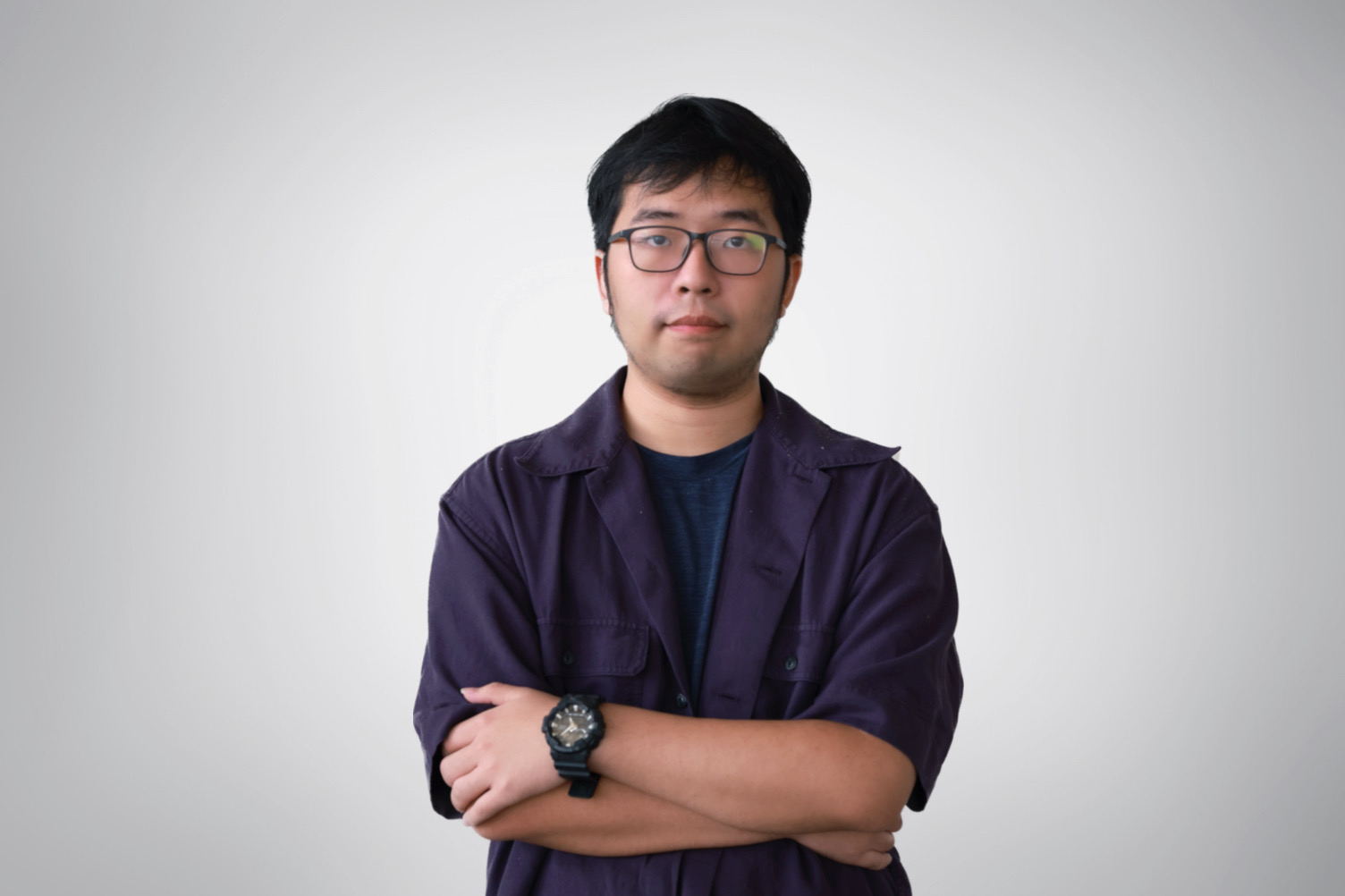- CN
Jan 24, 2024

In the field of life sciences research, the role of talent is indispensable. It is their wisdom and innovation that drive the continuous development of this field.
The University of the Chinese Academy of Sciences (UCAS) BGI Special Program conducts joint training of graduate students in collaboration with the College of Life Sciences, School of Future Technology, and School of Artificial Intelligence at UCAS, among other institutions. Leveraging BGI's leading-edge scientific research and top-tier faculty, the UCAS BGI Special Program is dedicated to cultivating high-end talent at the master's and doctoral levels. This is achieved through in-depth collaboration with UCAS in graduate education, which has been instrumental in nurturing numerous core talents in various technological fields.
Wei Chen is currently in his fifth year at the UCAS BGI Special Program, where he was directly admitted to the Ph.D. program in 2018 after completing his undergraduate studies at Dalian Medical University. His primary research focus is studying the tumor immune microenvironment using single-cell sequencing technology. He is the joint first author of two papers, 'Interferon-dependent SLC14A1+ cancer-associated fibroblasts promote cancer stemness via WNT5A in bladder cancer' and 'The tumor immune microenvironment of nasopharyngeal carcinoma after gemcitabine plus cisplatin treatment,' published in Cancer Cell and Nature Medicine, respectively.
The pursuit of dreams is ignited by passion
Journey in scientific research often begin with fortuitous opportunities that ultimately converge on a path chosen out of passion. Wei Chen, describes his initiation into scientific research as quite unique. As a child, he dreamed of becoming a doctor, but due to an unforeseen turn of events, he did not pursue a career as a clinical doctor. However, at university, he retained his interest in research linked to clinical studies. Consequently, he shifted his focus to tumor research which is deeply connected to clinical practice. Through his five years of work and study at BGI, Wei Chen discovered his true passion, deepened his understanding of scientific research, and achieved significant milestones in his field.
Insights from Single-Cell Sequencing
After joining BGI, Wei Chen and his team utilized BGI's advanced single-cell sequencing technology to conduct an in-depth study on the differences of functions among various cell types in the microenvironment, as well as to observe the dynamic changes in patients before and after treatment.
His scientific achievements have been published in top-tier journals, with papers appearing in December 2022 and June 2023. This includes his role as a co-first author on a study, published in Nature Medicine, titled 'The Tumor Immune Microenvironment of Nasopharyngeal Carcinoma after Gemcitabine Plus Cisplatin Treatment,' focusing on chemotherapy-induced nasopharyngeal carcinoma, a malignant tumor originating in the epithelial cells of the nasopharynx. This research explains a new mechanism of chemotherapy's immunomodulatory effects and proposes a novel theory of an anti-tumor immune network centered around an immune cell subpopulation called innate-like B cells (ILB) in the tumor area. The findings provide a significant theoretical basis for developing new strategies for combined chemotherapy and immunotherapy in treating nasopharyngeal carcinoma.
The Challenges of Publishing in Top-tier Journals
Like all scientific researchers, the publication of each paper involves repeated revisions and continual refinement. This article on nasopharyngeal carcinoma underwent a lengthy peer review process, spanning nearly two years from initial submission to final acceptance. Wei Chen recalled, “At the beginning, this paper was rejected by another journal, which was a blow to our team. Ultimately, with the help of our collaborators and the guidance of our mentor at BGI, we reorganized the paper and resubmitted it to Nature Medicine. There, it successfully passed peer review and was published.”
The most significant difference at BGI
When discussing his experience with joint training at BGI, Wei Chen noted: “Compared to traditional education models at universities, the most significant difference at BGI's joint training program is the level of autonomy it offered. BGI respects students’ will in conducting research, and mentors encourage them to make their own decisions and to freely explore research topics that interest them. Using the platform and resources provided by BGI, students can engage in what they are passionate about, which is why they become even more enthusiastic about the paths they choose. ”
Innovation is an essential part of scientific research. Wei Chen points out that the publication of all scientific papers relies on technological innovation. These technological advancements enable researchers to gain new insights into areas such as cancer and development. In recent years, the world has seen emerging discoveries and developments in single-cell sequencing and spatial-temporal omics technologies, many of which have been made by BGI.
Passion and Perseverance
For students aspiring to pursue a career in scientific research, Wei Chen emphasizes the importance of working hard and maintaining passion. He encourages young students who are new to the research field to find a direction that they truly love - only with a passion for research can one persevere on this path, striving for deeper understanding and innovation. Wei Chen also stresses the essential nature of diligence and hard work in scientific research. “Success in research is not solely based on passion; it requires concerted, grounded efforts. It involves accumulating a significant amount of work, where quantitative changes eventually lead to qualitative transformations, resulting in noteworthy outcomes.”